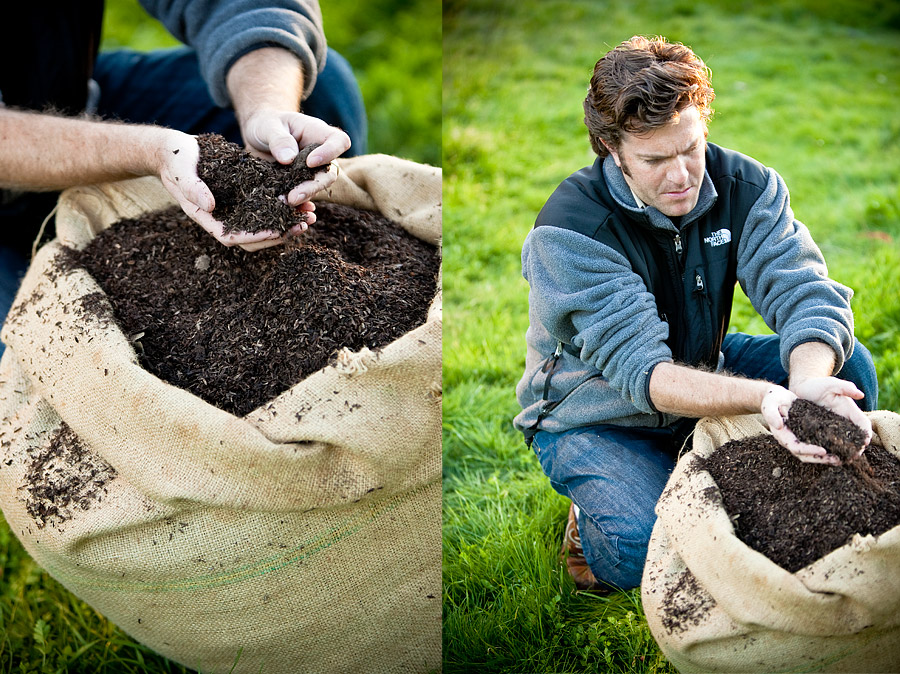Duck manure is an excellent organic fertilizer that can do wonders for gardens and lawns. However, fresh duck manure is very high in nitrogen and needs to be composted before applying directly to plants. Using fresh duck manure risks burning and even killing plants. With proper composting duck manure provides an abundant source of nutrients for robust plant growth.
Why Compost Duck Manure
Fresh duck manure is considered “hot” because of its high nitrogen content. Nitrogen is essential for healthy plant growth, but too much nitrogen can have detrimental effects when applied directly to plants and soil.
Some key reasons why fresh duck manure should be composted before using:
-
Prevents Plant Burn: Fresh manure can burn plant roots and foliage due to the high levels of ammonia. Composting helps moderate nitrogen levels.
-
Kills Weed Seeds and Pathogens: The heat generated in compost piles kills off weed seeds and pathogens that may be present in fresh manure.
-
Reduces Odor Raw duck manure has an unpleasant odor Composting reduces odors significantly
-
Improves Soil Structure: Finished compost contains humus which improves soil structure and moisture retention.
-
Balances Nutrients: Composting duck manure balances and stabilizes nitrogen while increasing organic matter.
Composting Methods for Duck Manure
There are several methods that can be used to compost duck manure:
-
Compost Bin or Pile: Containing manure in a designated compost bin or pile is an easy way to compost. Turning or mixing the pile weekly provides aeration.
-
Trench Composting: Dig trenches up to 12 inches deep, fill with manure, and cover with soil. The manure will break down over 2-4 months.
-
Sheet Composting: Spread manure evenly across the soil surface and till or dig it into the top few inches of soil. Allow it to compost over 2-4 months before planting.
-
Chicken Coop Composting: If you have chickens, layer manure and carbon materials like leaves or straw in the coop. The chickens will help turn and mix the compost.
-
Vermicomposting: Using red wiggler worms to break down manure into an excellent compost full of nutrients and beneficial microbes.
How Long to Compost Duck Manure
Most fresh duck manure should be composted for a minimum of 3-4 months before using in the garden. The composting timeframe depends on factors like:
-
Method Used: Compost bins provide more aeration resulting in faster compost than trench composting.
-
Temperatures: Warmer ambient temperatures will accelerate composting. In colder climates, composting may take 6 months or longer.
-
Aeration: Turning and mixing piles weekly provides oxygen to speed up composting. Static piles take longer.
-
Carbon Content: Balancing higher carbon materials will optimize the composting process. Aim for 25-30 parts carbon to 1 part manure.
-
Moisture Levels: Compost should be kept evenly moist but not soggy. Add water if the pile becomes too dry.
Using Finished Duck Manure Compost
Finished duck manure compost provides an excellent organic fertilizer and soil amendment. Some of the benefits include:
-
Slow-release Nitrogen: The composting process stabilizes nitrogen so it is released slowly over a longer period.
-
Increases Nutrients: Duck manure compost contains nitrogen, phosphorus, potassium, and micronutrients plants need to thrive.
-
Improves Soil: Compost boosts soil organic matter, fertility, and water retention. Healthier soils grow healthier plants.
-
Promotes Plant Growth: The nutrients, humus, and beneficial microbes in compost enhance robust plant growth and blooms.
-
Weed Suppression: Compost helps reduce weed germination and growth.
Compost should be worked into garden beds before planting at a rate of 2-3 inches per 100 square feet. It can also be used as a side dressing for individual plants by lightly working it into the top 1-2 inches of soil.
Alternatives to Composting Duck Manure
For those who don’t want to compost, there are a couple alternatives:
-
Vermicomposting: Using worms to break down manure is faster than traditional composting. Finished worm castings can be used after just 2-3 months.
-
Diluting and Aerating: Allowing fresh manure to dilute and aerate for 2-4 weeks reduces nitrogen levels to make it safer for plants. Dilute manure to a 10:1 ratio before using.
-
Applying to Non-Food Crops: Fresh manure can be used on ornamental flowers and shrubs which are less sensitive to nitrogen burn. Avoid edibles.
Even with these alternatives, composting is still the best practice to stabilize nutrients and eliminate pathogens in fresh duck manure.

#2 Reason : Duck Poop Makes Great Fertilizer for a Thriving Garden
FAQ
What to do with dirty duck bedding?
Toss in a compost pile. In the fall I put it on the garden but you want several months for it to decompose (I think it’s around 6 but I could be wrong).
What kind of animal manure should not be added to compost?
Never use cat, dog or pig manure in your compost pile or your vegetable garden. These manures are more likely to contain parasites that infect humans than other manures.
How long does chicken manure need to sit before using in the garden?
Ideally, you want to let ‘hot’ chicken manure age for a minimum of 3 months, but preferably 6 months up to 1 year. If you use the hot composting method in a warmed climate or sunny area, you may only need to let the chicken manure compost age for 3 months since the manure breaks down more quickly into compost.
